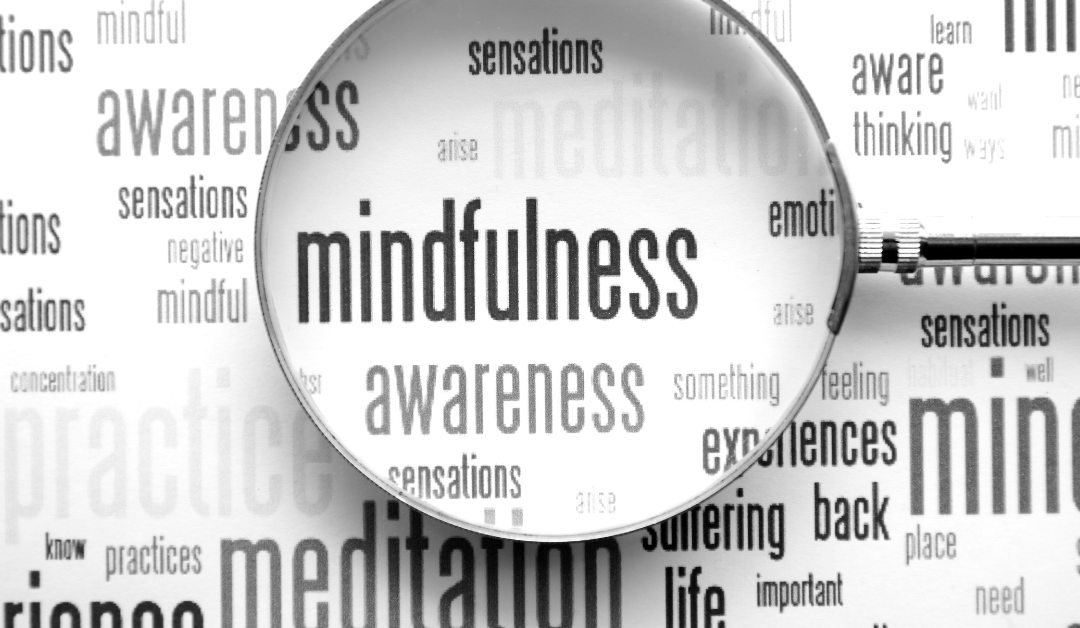Mindfulness is a powerful tool for maintaining good mental and physical health, and it’s especially important for retirees. Retirement can be a time of major life changes and transitions, and mindfulness can help retirees cope with these changes and maintain a sense of well-being. In this blog post, we’ll discuss the importance of mindfulness for retirees and provide some tips for improving mindfulness practice.
Why is mindfulness important for retirees?
Mindfulness is the practice of being present and focused on the current moment, without judgment or distraction. For retirees, mindfulness can help reduce stress and anxiety, improve cognitive function, and promote emotional well-being. Mindfulness can also help retirees stay present and focused on the positive aspects of retirement, such as new opportunities for hobbies, travel, or spending time with loved ones.
Tips for improving mindfulness practice:
1. Start small
You don’t need to meditate for long periods of time to see benefits. Start with just a few minutes a day and gradually increase as you become more comfortable.
2. Find a comfortable posture
You can meditate sitting or lying down, but it’s important to find a posture that feels comfortable and sustainable for the duration of your mindfulness practice.
3. Use guided meditations
There are many apps and websites that offer guided meditations specifically for retirees. These can be helpful for getting started and staying motivated.
4. Practice regularly
Consistency is key to mindfulness. Try to practice at the same time each day and make it a regular part of your routine.
5. Be kind to yourself
Mindfulness can be challenging, especially if you’re new to it. Remember to be kind and compassionate to yourself and acknowledge that it’s a process.
In addition to these tips, there are many ways to practice mindfulness, including:
• Mindful breathing
Focusing on your breath and noticing the sensations of breathing.
• Body scan
Bringing awareness to different parts of your body, noticing sensations and tensions.
• Loving-kindness meditation
Practicing sending love and kindness to yourself and others.
• Mindful walking
Focusing on your footsteps and the sensations of walking.
In conclusion, mindfulness is a powerful tool for retirees who want to maintain good mental and physical health, cope with life changes and transitions, and stay present and focused on the positive aspects of retirement. By starting small, finding a comfortable posture, using guided meditations, practicing regularly, and being kind to yourself, you can improve your mindfulness practice and enjoy all the benefits it has to offer. Thank you for reading, and may you find peace and presence in your retirement.
Want some support? Check out my programs.

